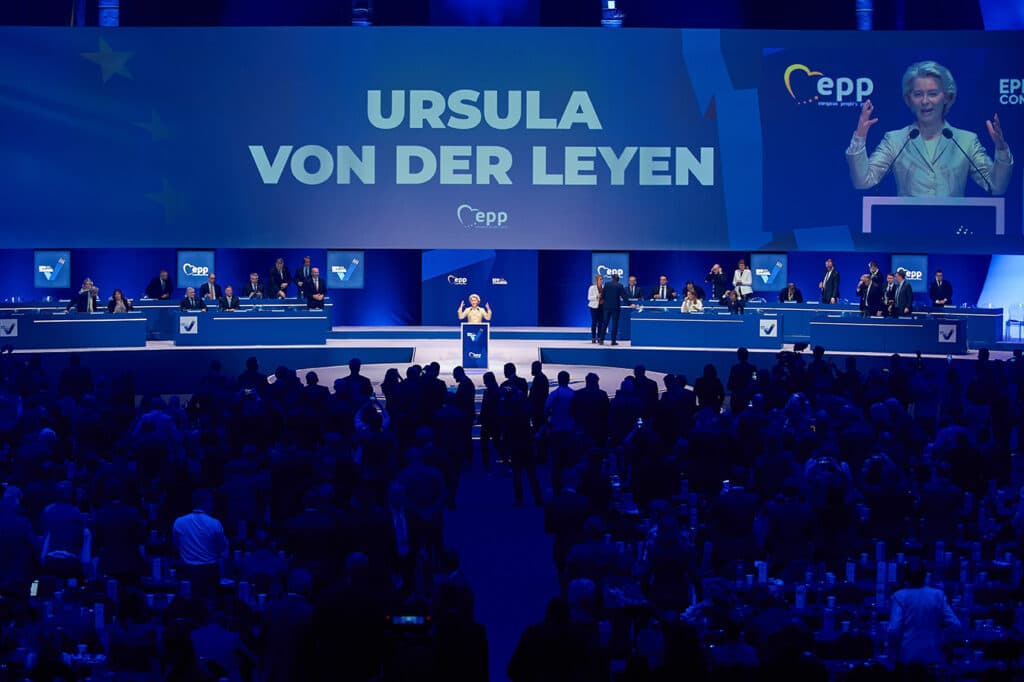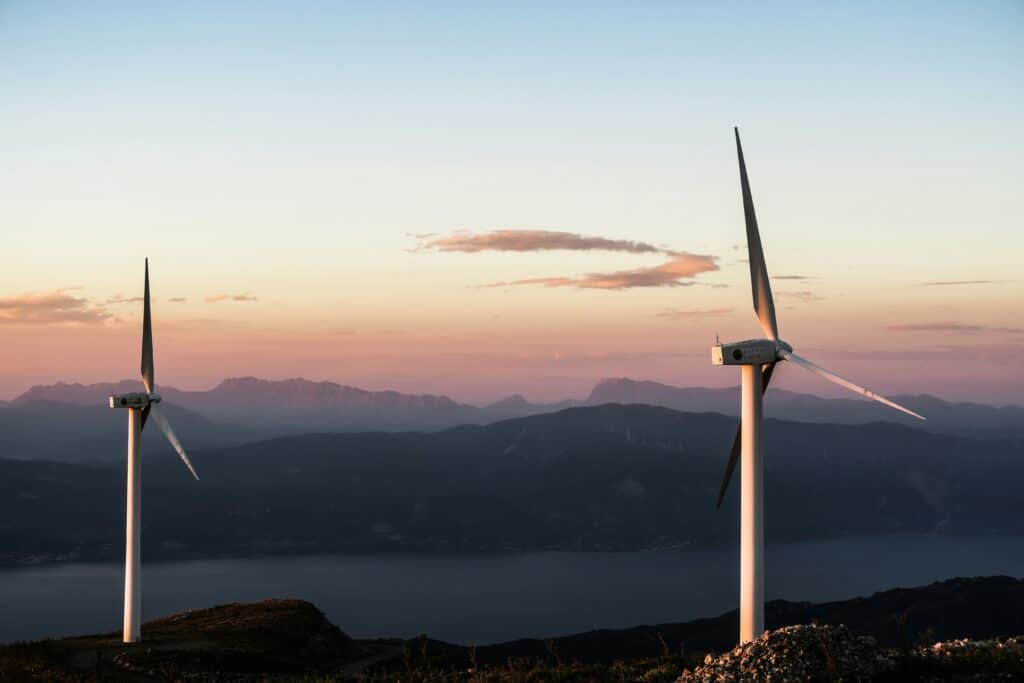The paper “The Digitalisation of Energy Systems” (Gunst, A.*, Zobu, B., Wallace-Müller, K.) will be presented at the 8th Conference on the Regulation of Infrastructures (20-21 June, 2019).
ABSTRACT
The digital technologies are being integrated into the energy systems to make them more intelligent, efficient, reliable, and interconnected. The digitalisation in the transport, construction and industrial areas is increasing the energy demand all over the world, and requires the deployment of the digital technologies into the energy infrastructures. The digitalisation of the energy industry will be a key driver of future change. Thus, the energy systems have tendency to be transformed into a more sustainable, renewables-based systems, away from large-scale fossil fuel-based energy production. Electricity production needs more and more innovative solutions to make energy markets more fit for renewables and distributed energy resources. Digitalisation is the solution to implement the innovative technologies into energy sector and make the energy more profitable for final consumers.
For this purpose, it is important to support researches and innovation in the public and private sector at national and international level and to digitalise the energy sector. For example, the EU supports Horizon 2020 projects in order to implement Clean Energy Package and to speed up the digitalisation of the energy system in synergy with Energy Union and Digital Single Market policies. The first step is to set up the energy markets and digital platforms where network operators can have access the infrastructure services from connected consumers which help them to manage the network. Digital technologies have a curial importance for the development of the transmission and distribution system operators, suppliers. The energy regulators are developing the new platforms where the energy services may be procured through the combination of local markets via congestion management. The digitalisation of the energy systems requires at the same time digital energy infrastructures where digital devices, communications and interconnection systems may be safely used by final customers. The data exchange and interoperability of the energy infrastructures are the main challenges of digitalisation which require the development of the interoperability and cooperation in the energy industry.
Presentation is available here.
ABOUT THE AUTHORS
 Andreas Gunst is Partner in the Projects, Energy and Infrastructure team at DLA Piper London and Vienna offices. He is an energy, projects and finance practitioner qualified in England & Wales. He has both in-house and private practice experience. His practice areas cover the entire energy value chain, including upstream oil and gas exploration, production, transportation and trading; electricity generation projects from conventional and renewable energy sources; electricity transmission, distribution, trading and supply; and emission reduction projects and environmental securities, allowance and certificate trading; e-mobility as well as related regulatory advice. Andreas holds a LLM in Energy Law from the Centre for Energy, Petroleum and Mineral Law and Policy, Dundee; and he was a lecturer and counsel in European Energy and Competition Law. He is also ACC/ILO European Counsel of the Year 2013 (Regulatory).
Andreas Gunst is Partner in the Projects, Energy and Infrastructure team at DLA Piper London and Vienna offices. He is an energy, projects and finance practitioner qualified in England & Wales. He has both in-house and private practice experience. His practice areas cover the entire energy value chain, including upstream oil and gas exploration, production, transportation and trading; electricity generation projects from conventional and renewable energy sources; electricity transmission, distribution, trading and supply; and emission reduction projects and environmental securities, allowance and certificate trading; e-mobility as well as related regulatory advice. Andreas holds a LLM in Energy Law from the Centre for Energy, Petroleum and Mineral Law and Policy, Dundee; and he was a lecturer and counsel in European Energy and Competition Law. He is also ACC/ILO European Counsel of the Year 2013 (Regulatory).
 Dr. Burcu Zobu is an Associate in the Projects, Energy and Infrastructure team at DLA Piper in Vienna. Burcu is an energy lawyer qualified in Turkey and in France. She practices in the area of energy, environmental, banking and project finance, infrastructure markets and infrastructure finance (PPP/PFI transactions including thermal and renewable power, oil, gas commodities and water) and regulation. She gained broad international experience, including on national and transnational commercial and financing documentation for oil, gas and electricity including renewable energy projects. Burcu also worked as a legal counsel in the energy companies and energy projects. She holds master and doctorate degrees from Sorbonne University, Montpellier University and Science Po Paris in the energy and business law (European Energy Law and International Nuclear Law).
Dr. Burcu Zobu is an Associate in the Projects, Energy and Infrastructure team at DLA Piper in Vienna. Burcu is an energy lawyer qualified in Turkey and in France. She practices in the area of energy, environmental, banking and project finance, infrastructure markets and infrastructure finance (PPP/PFI transactions including thermal and renewable power, oil, gas commodities and water) and regulation. She gained broad international experience, including on national and transnational commercial and financing documentation for oil, gas and electricity including renewable energy projects. Burcu also worked as a legal counsel in the energy companies and energy projects. She holds master and doctorate degrees from Sorbonne University, Montpellier University and Science Po Paris in the energy and business law (European Energy Law and International Nuclear Law).
 Kenneth Wallace-Müller is an Associate in the Projects, Energy and Infrastructure team at DLA Piper in Vienna. He specialises in climate, energy and infrastructure law and finance, working on projects in the European Union, in particular in the United Kingdom and Austria, as well as in South Eastern Europe, Asia and Africa. His focus lies on the implementation of and compliance with the European Union Third Energy package and EU renewable energy legislation; oil, gas and power upstream, midstream and downstream sectors; REC, I-REC and GoO systems; the EU ETS and international carbon markets; Brexit-related energy issues; and smart energy technologies such as blockchain, e-mobility and energy communities. Kenneth has both private practice and in-house legal experience, most recently working on secondment at a major international gas and power company, supporting the in-house legal team in electricity and gas trading contract and regulatory law matters, in particular structuring corporate PPA trading arrangements.
Kenneth Wallace-Müller is an Associate in the Projects, Energy and Infrastructure team at DLA Piper in Vienna. He specialises in climate, energy and infrastructure law and finance, working on projects in the European Union, in particular in the United Kingdom and Austria, as well as in South Eastern Europe, Asia and Africa. His focus lies on the implementation of and compliance with the European Union Third Energy package and EU renewable energy legislation; oil, gas and power upstream, midstream and downstream sectors; REC, I-REC and GoO systems; the EU ETS and international carbon markets; Brexit-related energy issues; and smart energy technologies such as blockchain, e-mobility and energy communities. Kenneth has both private practice and in-house legal experience, most recently working on secondment at a major international gas and power company, supporting the in-house legal team in electricity and gas trading contract and regulatory law matters, in particular structuring corporate PPA trading arrangements.
* presenting author







